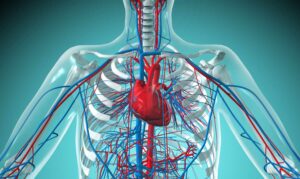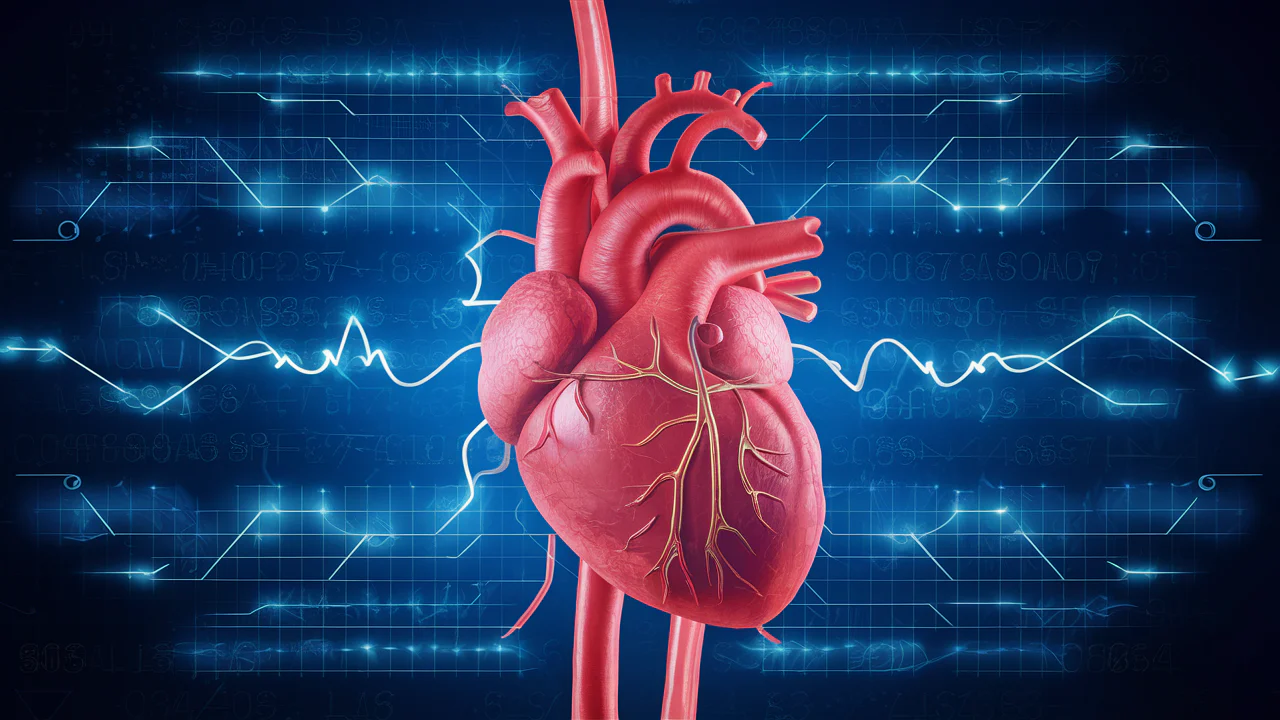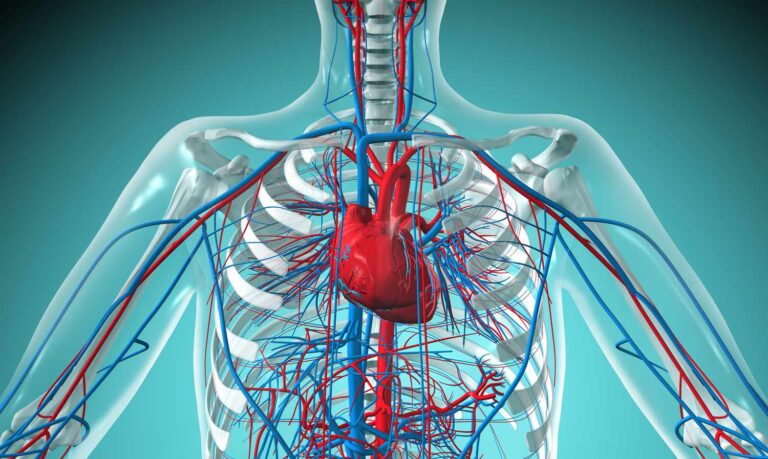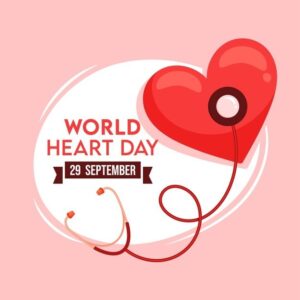
As we celebrate World Heart Day, a global initiative to raise awareness about cardiovascular health, it’s essential to emphasize one crucial aspect: regular heart check-ups. These check-ups are vital for early detection, prevention, and management of heart-related issues. In this blog, we’ll explore why regular heart check-ups are essential, what to expect during these visits, and how they can significantly impact your overall health.
Understanding the Heart on world heart day 2024: Why Regular Check-Ups Matter
The heart is a remarkable organ, tirelessly pumping blood throughout our bodies. However, heart disease remains one of the leading causes of death worldwide. Many people are unaware that they may be at risk until it’s too late. This is where regular check-ups come into play.
Early Detection Saves Lives
One of the most significant benefits of regular heart check-ups is the early detection of potential issues. Conditions like high blood pressure, high cholesterol, and arrhythmias often develop silently.
- Statistics Show: According to the World Health Organization (WHO), heart disease is responsible for 31% of all global deaths. Regular check-ups can help identify risk factors before they escalate into serious health problems.
Tailored Preventive Measures
During a heart check-up, healthcare professionals can assess your individual risk factors, including family history, lifestyle choices, and existing health conditions. This tailored approach allows for personalized preventive measures, such as:
- Lifestyle Modifications: Recommendations for diet, exercise, and stress management can significantly reduce your risk of heart disease.
- Medication Management: For those already diagnosed with heart conditions, regular check-ups ensure that medications are effective and adjusted as needed.
What to Expect During a Heart Check-Up
Understanding what happens during a heart check-up can alleviate any anxiety you may have. Here’s a breakdown of typical components:
1. Medical History Review
Your healthcare provider will begin by reviewing your medical history, including any past heart issues, family history, and lifestyle factors such as smoking, diet, and exercise habits.
2. Physical Examination
A thorough physical examination will assess your heart rate, blood pressure, and overall health. Your doctor may listen to your heart and lungs using a stethoscope to check for any irregularities.
3. Blood Tests
Blood tests are often conducted to measure cholesterol levels, blood sugar, and other markers that can indicate heart disease risk.
4. Electrocardiogram (ECG)
An ECG records the electrical activity of your heart and can help detect irregular heart rhythms or other issues.
5. Additional Tests if Necessary
Depending on your risk factors, your doctor may recommend additional tests such as echocardiograms, stress tests, or imaging studies.
The Impact of Regular Check-Ups on Heart Health
Investing time in regular heart check-ups can lead to numerous long-term benefits:
1. Better Management of Existing Conditions
For individuals with pre-existing heart conditions, regular check-ups are essential for effective management. They provide an opportunity for healthcare providers to adjust treatment plans and monitor progress.
2. Reduced Healthcare Costs
Preventive care, including regular check-ups, can save money in the long run. Early detection and management of heart disease can prevent costly emergency treatments and hospitalizations.
3. Empowered Health Decisions
Regular check-ups empower you with knowledge about your heart health. Understanding your risk factors and health status allows you to make informed decisions about your lifestyle and treatment options.
4. Increased Awareness and Education
World Heart Day serves as a reminder of the importance of heart health awareness. Regular check-ups encourage ongoing education about heart disease, its risk factors, and how to mitigate them.
Taking Action: Make Heart Check-Ups a Priority
As World Heart Day approaches, make a commitment to prioritize your heart health. Here are actionable steps you can take:
1. Schedule Your Check-Up
If it’s been a while since your last heart check-up, schedule one with your healthcare provider. Don’t wait for symptoms to appear; proactive health management is key.
2. Know Your Numbers
Familiarize yourself with important health metrics, such as blood pressure, cholesterol levels, blood sugar levels and body mass index (BMI). Discuss these with your doctor during your visit.
High blood pressure (hypertension) can damage your heart and blood vessels, increasing the risk of heart disease and stroke. Regular monitoring allows for early intervention and lifestyle modifications, such as diet and exercise changes.
Monitoring cholesterol levels is crucial for assessing cardiovascular risk. If your LDL levels are high, your doctor may recommend lifestyle changes or medications to lower them.
BMI is a useful screening tool for identifying potential weight-related health issues. Higher BMI levels can increase the risk of heart disease, diabetes, and other conditions. While it doesn’t directly measure body fat, it serves as a helpful indicator for overall health.
High blood sugar levels can lead to diabetes, which increases the risk of heart disease and stroke. Monitoring blood sugar helps detect issues early and manage lifestyle factors that contribute to elevated levels.
3. Adopt a Heart-Healthy Lifestyle
Incorporate heart-healthy habits into your daily routine, such as a balanced diet rich in fruits, vegetables, and whole grains, regular exercise, and stress management techniques. Lets promise ourselves to adopt heart healthy lifestyle this World heart day
4. Engage in Community Initiatives
Participate in local events related to World Heart Day. Community walks, health fairs, and educational workshops can provide valuable information and resources.
Conclusion
Regular heart check-ups are not just a medical obligation; they are a proactive step toward ensuring a healthier future. On this World Heart Day, take the time to assess your heart health and commit to regular check-ups. By doing so, you’re investing in your well-being and the longevity of your heart. Remember, your heart deserves the best care possible—let’s prioritize it together!










